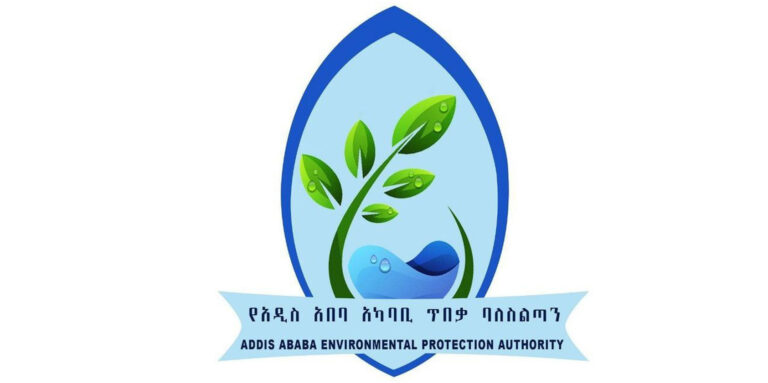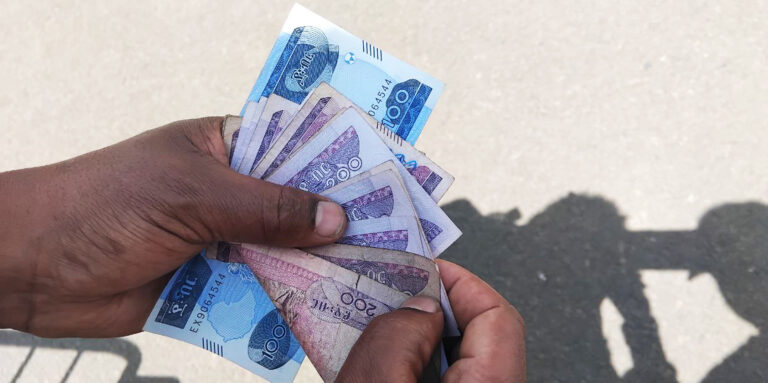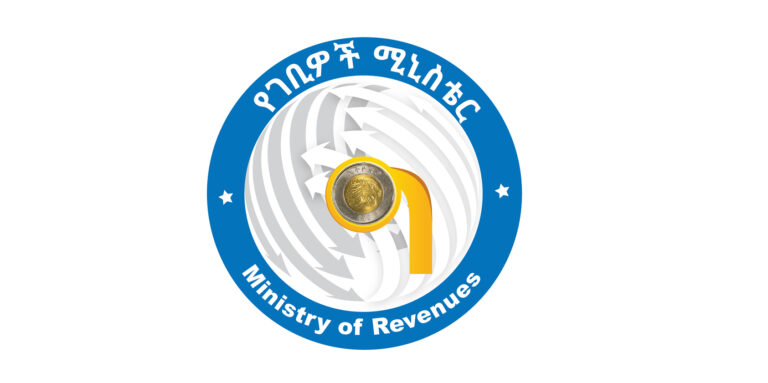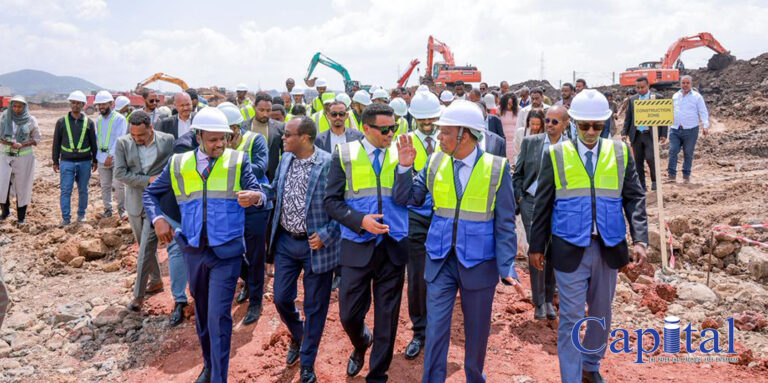The Addis Ababa Environmental Protection Authority (EPA) is set to begin enforcing a new federal directive targeting emissions from aging vehicles, in a move aimed at curbing pollution in Ethiopia’s capital. The directive, issued by the Ministry of Transport and Logistics (MoTL) under the title Directive on Vehicle Emission Pollutant Control, introduces stricter environmental standards and penalties for non-compliance, including the possible permanent suspension of vehicles that fail to meet requirements after an initial grace period.
Dida Diriba, General Manager of the city’s EPA, confirmed that the authority is fully prepared to implement the regulation in coordination with the Transport Bureau, Traffic Police, and traffic management agencies. “Gas emission is a key challenge we are now prioritizing,” Dida told Capital. “A standard has been set, and every vehicle must now possess a certificate of verification. We will also conduct instant inspections, similar to alcohol tests, to ensure compliance.”
As part of the broader campaign, the government has also halted the importation of used cars, a measure intended to reduce the number of high-emission vehicles on the roads. Authorities plan to work closely with garages to carry out the necessary mechanical and technological upgrades needed to meet the new standards. The directive is expected to take effect this week.
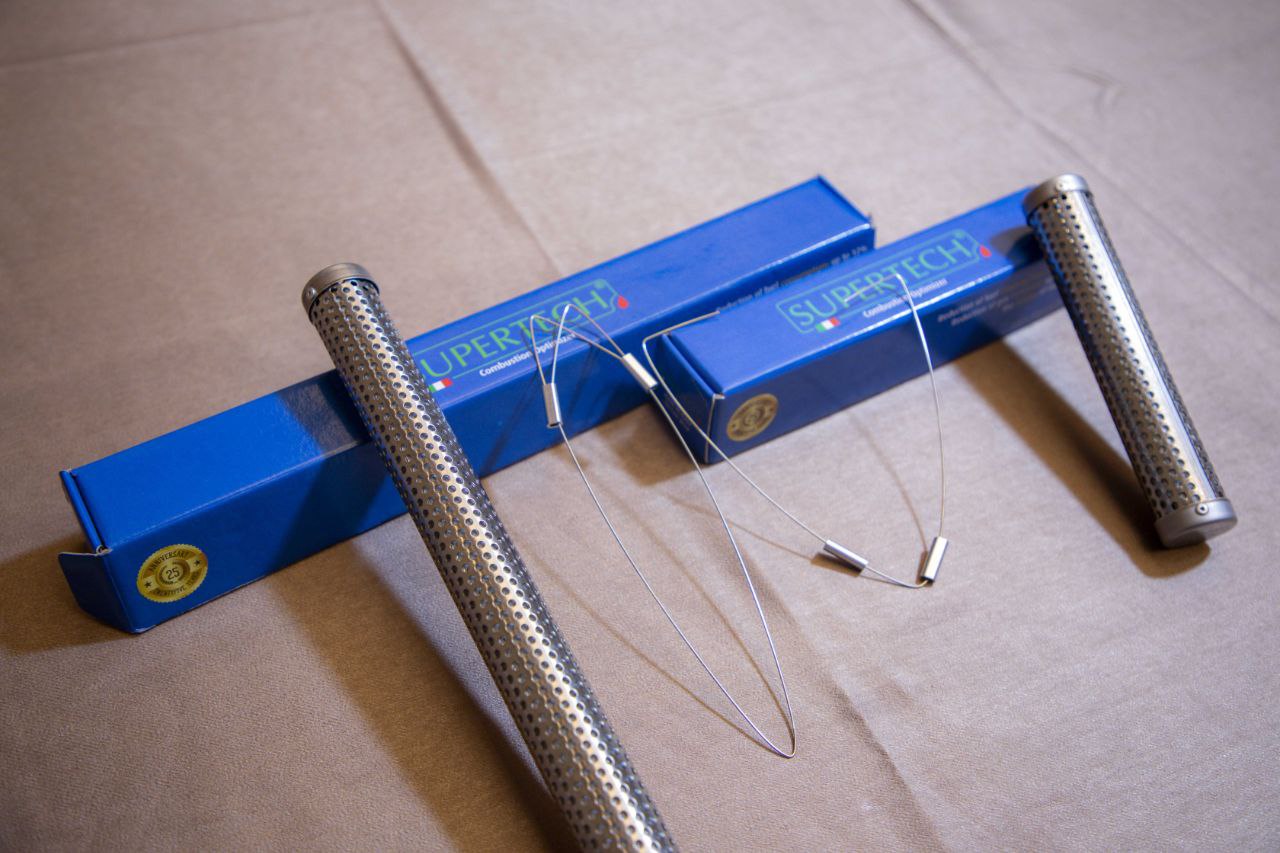
In line with the government’s push for cleaner transportation, local company Eco Tech Solution plc has introduced the “Combustion Optimizer,” a fuel efficiency and emissions reduction device manufactured by Italy-based Supertech. The aftermarket device is designed for both gasoline and diesel engines, improving fuel combustion efficiency by using detergents to clean critical engine components. This process, according to the manufacturer, enhances fuel burn, cuts unburned hydrocarbon emissions, and improves fuel economy.
Supertech’s Commercial Director, Luigi Salemi, said the device has been available for a decade in overseas markets and has been particularly effective in countries with older vehicle fleets. “We see significant potential in growing economies like Ethiopia, where cars are typically older than in Europe or North America,” Salemi told Capital. He confirmed the company had engaged with Ethiopian authorities and chosen Eco Tech Solution as its local partner based on its capability to oversee a project-based rollout.
Eco Tech Solution’s Marketing Manager, Nahom Mesfin, said the device can reduce carbon emissions by up to 80% and cut fuel consumption by around 20%, aligning with the government’s new environmental requirements. To ensure both reliability and efficacy, the company will avoid direct-to-consumer sales. Instead, products will be distributed exclusively through a network of trained agents and licensed garages.
“We are providing specialized training for technicians at garages and vehicle inspection centers to ensure the device is installed correctly,” Nahom said. “This controlled distribution model is crucial for guaranteeing the technology’s effectiveness for consumers and for delivering the intended environmental impact.”
With both regulatory enforcement and technological solutions moving in tandem, officials and market players hope the combined effort will accelerate Addis Ababa’s transition toward cleaner, more sustainable urban transportation.


